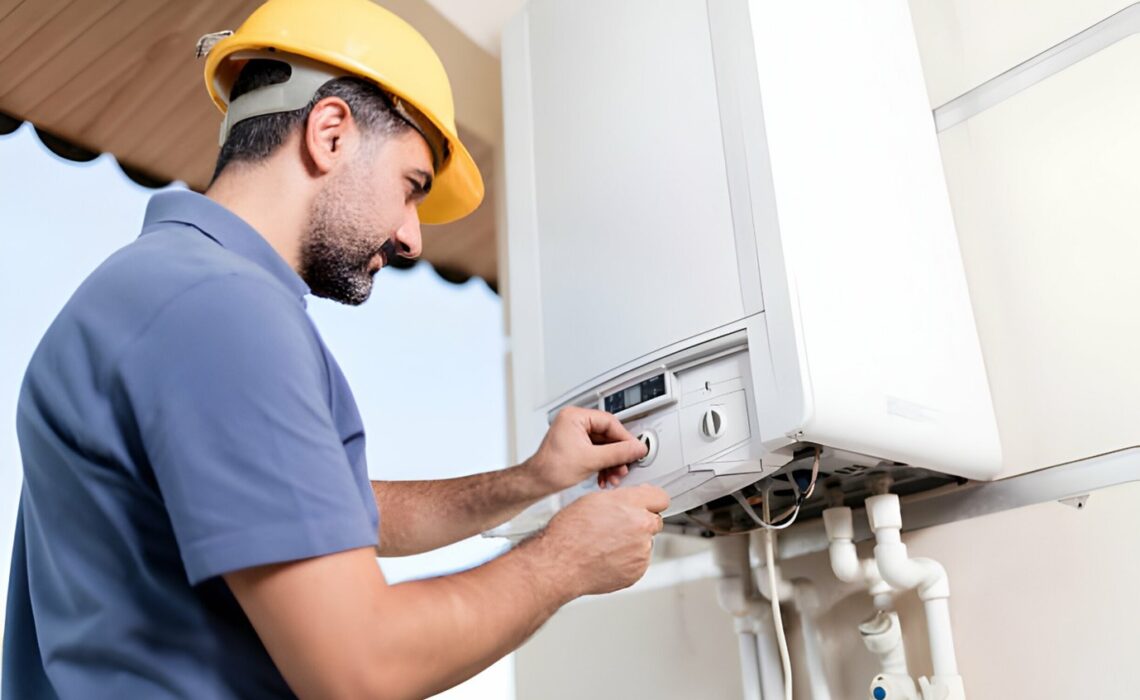
The daily hustle bustle doesn’t offer much time for minutiae like hot water system maintenance, does it? But what if your 4-minute shower time is disrupted by an unexpected stream of ice-cold water on a chilly morning? Not quite the wake-up rinses you imagined, right? It’s in these often-overlooked spaces of our home life where we find the importance of diligent maintenance. Hot water systems, being one of the most frequently used household facilities, are no exception. Bearing this in mind, this blog post dives into the essential steps one can take to ensure their hot water system is consistently delivering at its peak.
When was the last time you paid attention to the state of your hot water system? Most likely not recently. And understandably so. Water heaters are usually tucked away – out of sight, out of mind. However, for the longevity and optimal performance of your system, it is crucial to keep an eye out for signs of potential trouble and administer regular inspections or maintenance.
In the following sections we’ll unravel the ins and outs of maintaining a hot water system – the why’s, the what’s and the how’s. Knowledge in hand, you can be assured of uninterrupted comfort and peak efficiency from your water heater.
Understanding the Importance of Regular Maintenance
Why is regular maintenance so important? The answer is twofold. Firstly, by conducting periodic check-ups, potential breakdowns and issues can be diagnosed well before they cascade into bigger and more expensive problems. Neglect can lead to issues such as water discoloration, reduced efficiency, shortened lifespan of the unit and even complete system failure.
Secondly, regular upkeep contributes to maintaining the system at its highest efficiency, which equates less energy wastage and in turn, lower monthly energy costs. Water heaters contribute significantly to the household’s overall energy consumption, and hence any decrease in efficiency could spike up your bills.
So, you see, an afternoon spent maintaining your system today could spare you much discomfort and monetary loss tomorrow.
Key Maintenance Practices for Hot Water Systems
Now, what exactly should maintenance entail? Although the specifics can vary depending on the type of system, there exist a couple of general practices that apply to all. First is draining the tank periodically to remove sediment build-up, which can harm the efficiency of the system. Another is checking and replacing the sacrificial anode rod, a part that prevents the tank from rusting.
Additionally, insulated blankets can be wrapped around the heater and pipes to reduce heat loss, which in turn boosts efficiency. Lastly, readjusting the temperature setting when not in use or during summer months can help save energy costs.
Following these general steps would go a long way in keeping your cozy showers consistent.
Signs You Need a Professional Inspection
Sometimes, even with regular upkeep, issues may arise that demand the attention of a professional. But how do you identify those signs? Unwanted sounds like bangs, creaks, knocks or whines from the unit are all potential indicators of an issue.
Look out for water leaks around your unit, or a change in the color or smell of your water. A significant dip in the efficiency or wakeup of the system should also be a cause for concern.
When such signs appear, it’s best not to delay the call to your local professional.
The Pros and Cons of DIY Maintenance
Here’s a crucial question: should you undertake your own maintenance or hire professionals? While the DIY route may initially save on professional fees, there’s a potential downside. A gap in technical know-how could lead to oversight on certain issues, or even worse, cause further damage.
On the other hand, a professional brings in the expertise and precision, ensuring a thorough job. However, regular professional help could quickly add up in costs. Ultimately, the choice would rest on your comfort and familiarity with handling appliances.
Maintenance Schedules – When and How Often?
Maintenance isn’t a one-time job. Just like our health, it requires regular check-ups and fine tunings. Ideally, an annual professional inspection coupled with regular self-checks every 3-4 months should prove enough for most systems.
Provided the routine is followed faithfully, this should help keep potential issues at bay, ensuring a longer lifespan and enhanced efficiency for your system.
Conclusion: Prevention is the Best Heater Medicine
Neglect of routine maintenance can bring about untimely disruptions and spell expensive, daunting repairs. While it may not make the top of our to-do list, an afternoon spent on regular upkeep could greatly extend the efficiency and comfort that a hot water system provides.
Don’t wait for a freezing shower wakeup call; take proactive measures, keep an eye out for signs of trouble, and ensure your system is looked over by professionals occasionally. Adhering to these may not just prevent potential headaches but might even keep those energy bills at bay. After all, isn’t keeping the warmth flowing and the costs low the goal?
Remember, in the world of hot water systems, prevention indeed is the best medicine.
